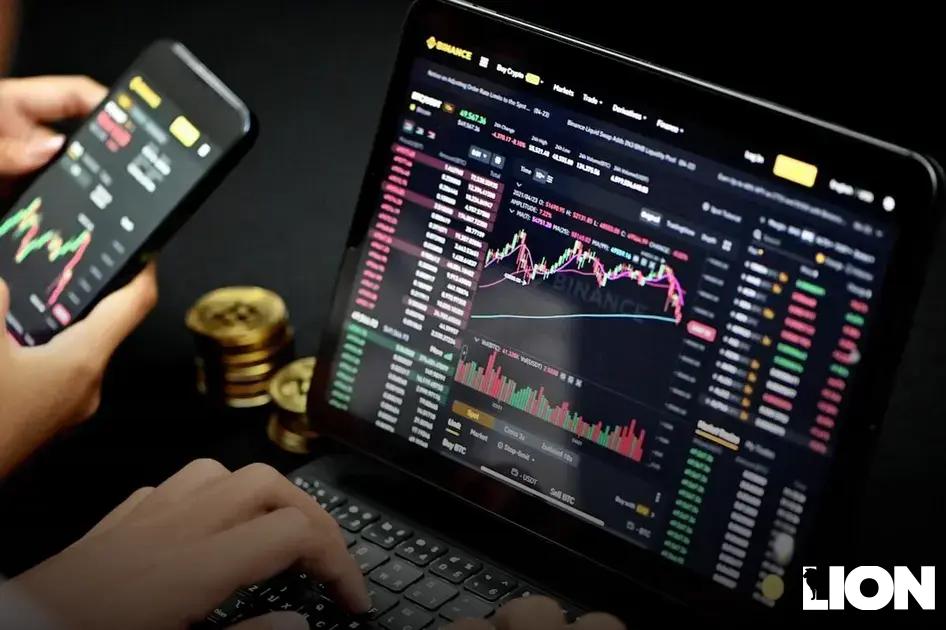In today’s unpredictable economic climate, it’s essential to be prepared for potential financial crises. Whether it’s due to global instability or personal emergencies, having a robust action plan can safeguard your financial future. By understanding economic challenges and building a resilient money mindset, you can proactively navigate through any fiscal storm. Learn the importance of crisis budgeting and discover effective proactive investing strategies to ensure your financial security by 2025.
Understanding Economic Challenges
In today’s global environment, economic challenges can arise unexpectedly, causing significant disruptions in individuals’ financial stability. These challenges include rising unemployment rates, inflation, and fluctuating markets that can affect personal and national finances. Recognizing the signals of economic instability early can empower individuals to make informed decisions and safeguard their financial health.
Understanding these economic hurdles involves analyzing key factors such as supply chain disruptions, increased living costs, and governmental fiscal policies. By keeping an eye on these elements, individuals can better prepare for potential financial impacts. It’s crucial to stay informed through credible news sources and economic forecasts to anticipate and respond to financial turbulence.
However, economic challenges are not universally experienced. Different countries and regions may face unique circumstances based on their political and financial infrastructure, which means localized strategies are often necessary. A comprehensive approach involves identifying regional vulnerabilities and mitigating personal risk through diversified income streams and savings strategies.
In harsh economic times, resourcefulness is key. Leveraging community resources, government programs, and personal networks can offer support and resilience. Moreover, sharing knowledge and strategies within a community can provide collective strength against the financial storm.
Building a Resilient Money Mindset

Building a Resilient Money Mindset
In the unpredictable world of economics, building a resilient money mindset is crucial. A strong financial foundation begins with the right mindset, enabling you to face challenges head-on. Start by recognizing your financial habits and beliefs. Understanding your spending triggers and recognizing areas of financial weakness can lead to significant improvement.
Set clear financial goals that align with your values. Define both short-term and long-term objectives, and use these as guiding lights to direct your financial decisions. This process not only builds resilience but also cultivates discipline and motivation.
Develop a proactive plan to handle expenses and savings. Create a detailed budget that accommodates economic uncertainties. This includes setting aside an emergency fund that can cushion unforeseeable events. Prioritize debt reduction to free more resources for savings and investments. A flexible strategy is essential, adapting to economic shifts while keeping your goals intact.
Lastly, educate yourself continuously. Stay informed about financial trends and economic indicators. Knowledge is a tool to anticipate changes and adjust your approach accordingly. Consider joining communities or groups focused on financial literacy to broaden your perspective and share experiences with others facing similar challenges. A community provides support and accountability, strengthening your resolve.
A resilient money mindset empowers you to withstand economic turbulence and emerge stronger, guiding you through periods of uncertainty with confidence and clarity.
Crisis Budgeting for Financial Stability
Focusing on financial stability during a crisis requires a clear budgeting plan. Start by identifying essential expenses, such as housing, food, and utilities. These are non-negotiable and must be covered first. To do this, estimate your monthly income and categorize expenditures as essential and non-essential. Reducing or eliminating non-essential expenses can free up funds for critical needs.
Track Your Spending
Knowing where your money goes is crucial. Utilize apps or create a spreadsheet to monitor every dollar spent. This process helps identify harmful spending habits and shows areas where you can cut back. Implement monthly reviews to adjust your budget as needed.
Develop an Emergency Fund If you haven’t already, start setting aside a portion of your income to create a buffer. Aim for covering at least 3-6 months of your essential expenses. Consistent savings, even if small, can build up over time, providing security in case of unexpected economic downturns.
Communicate with Creditors In times of financial strain, reach out to your creditors. Many lenders offer hardship programs that can lower payments or interest rates temporarily. This proactive step can prevent falling behind on essential payments and harming your credit score.
Additionally, keep an eye on governmental support schemes and community resources that may offer assistance during economic crises. These can relieve some pressure by providing aid with bills or groceries.
Proactive Investing Strategies

Incorporating proactive investing strategies is crucial during uncertain economic times. By taking preemptive actions, you ensure your investments are prepared to withstand potential financial storms. Focus on diversification to spread risk across various asset classes. This approach minimizes losses if one sector underperforms.
Consider allocating part of your portfolio to low-risk, stable investments. These could include government bonds or index funds, which offer a cushion during market volatility. Additionally, emphasize liquidity by maintaining access to cash or easily liquidated assets, enabling quick responses to changing financial circumstances.
Regularly reassess your portfolio to ensure it aligns with your long-term goals and current economic insights. Remain updated with economic indicators and market trends to make informed decisions. Proactive investing helps in navigating financial upheavals and securing your financial future, even in the toughest times.


 From Debt to Freedom: Eliminate Your Debt Quickly
From Debt to Freedom: Eliminate Your Debt Quickly  The Psychology of Money: Uncover Why Emotions Drive Spending
The Psychology of Money: Uncover Why Emotions Drive Spending  Investing in the Age of AI: Discover New Opportunities
Investing in the Age of AI: Discover New Opportunities